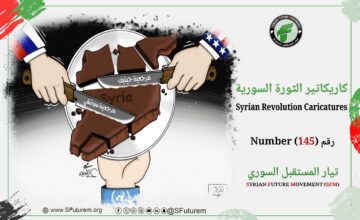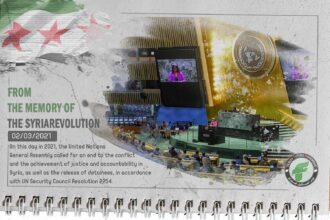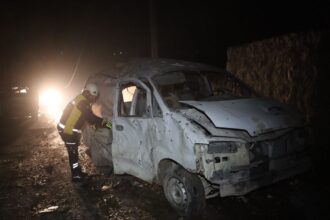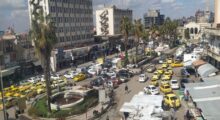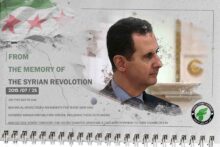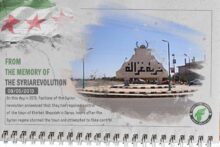Medal of the (SFM)Media OfficeMiscellaneous
The Honored No. (26) Riad Al Turk
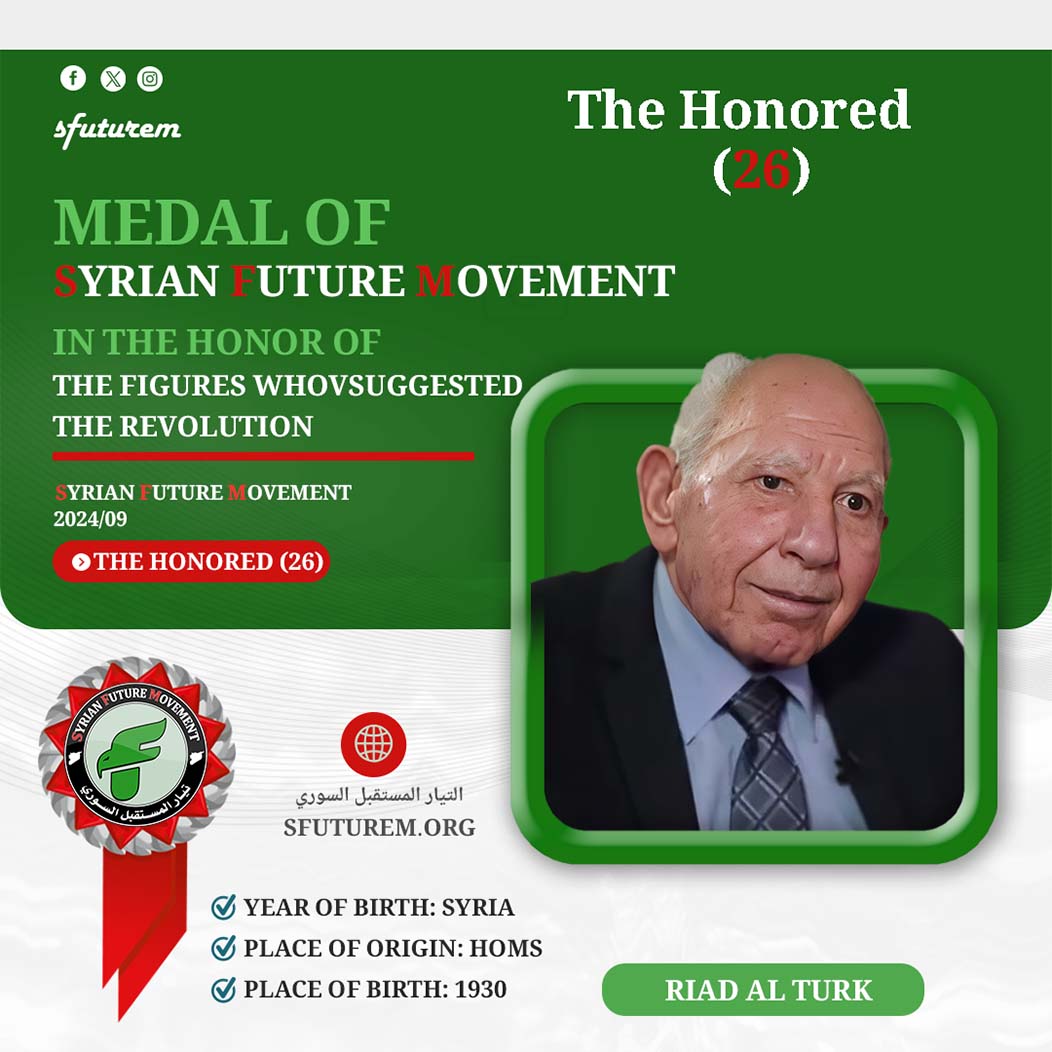
- He was born in Homs in 1930, where he spent his childhood in an orphanage run by the Islamic Charitable Society.
- He studied at the Faculty of Law at Damascus University, from which he earned a law degree in 1958.
- His political struggle began during his law studies. After joining the Syrian Communist Party, he was arrested in 1952 under the regime of Adib al-Shishakli.
- He became one of the writers for the party’s newspaper Al-Nour and its chief ideological figure.
- He was imprisoned again during the arrests led by Gamal Abdel Nasser against communists during the period of the Syrian-Egyptian union.
- He was released in 1961 and traveled to Moscow for treatment and to study at the party’s higher school.
- He returned to Syria in 1964.
- In early 1965, he married his comrade in the party, Dr. Asma al-Faisal, who was also imprisoned for two years under Hafez al-Assad’s regime.
- At the third congress of the Syrian Communist Party in 1969, he was elected as a member of the political office.
- Disagreements soon arose between him and the party’s General Secretary, Khalid Bakdash, on several intellectual, political, and organizational issues, the most significant being the relationship with the Soviet Union, Arab unity, and the Palestinian cause.
- In 1972, al-Turk clashed with Khalid Bakdash when Bakdash sought to join the party to the Progressive National Front.
- Al-Turk, along with other dissenting members, formed the splinter Syrian Communist Party (Political Bureau) in 1973.
- Al-Turk and the Political Bureau increased their opposition to Hafez al-Assad’s policies, particularly regarding his handling of the Muslim Brotherhood crisis and the events in Hama, Aleppo, and Jisr al-Shughur in the early 1980s.
- From October 28, 1980, to May 30, 1998, al-Turk spent his life as a political prisoner under horrific conditions in Syrian prisons.
- Upon Bashar al-Assad’s ascension to power, the party’s name was changed to the “Syrian Democratic People’s Party.”
- In 2000, al-Turk gave an interview with Al-Jazeera following the death of Hafez al-Assad, during which he referred to Assad as a “dictator.” As a result, he was imprisoned again for two and a half years, under pressure from Anisa Makhlouf, Bashar’s mother, who demanded his arrest. His health deteriorated before he was released in late 2002.
- During his imprisonment, al-Turk had written an article titled “So That Syria Does Not Become a Kingdom of Silence,” in which he criticized the amendment of Article 83 of the Syrian Constitution to lower the required age for Bashar al-Assad to assume power. After being released, al-Turk remarked, “I have come out of the small prison into the big prison, and we all must strive to open its doors.”
- He was one of the architects of the 2005 Damascus Declaration, which called for “radical democratic change” in the country.
- The Syrian regime responded to the declaration with widespread arrests, including al-Turk, who was detained again in 2001.
- When the Syrian revolution broke out in March 2011, al-Turk fully supported it and endorsed the peaceful movement against the Syrian regime.
- He refused to leave Syria at the beginning of the revolution, but after his life was threatened, he fled to Turkey in 2018, living in hiding before eventually settling in France.
- He contributed to the founding of the Syrian National Council between 2012 and 2014.
- He became a member of the Syrian Transitional National Council, which acted as an interim government in the areas liberated from the Syrian regime.
- Among his comrades, he was known as the “Cousin,” and Syrians called him the “Mandela of Syria.”
- Riad al-Turk passed away in Paris, France, on Monday, January 1, 2024, at the age of 94, far from the country he sacrificed so much for.
In the Syrian Future Movement (SFM), in recognition of his rich and remarkable legacy of struggle, politics, and national service, and for standing alongside his people in their revolution against oppression and tyranny, we express our gratitude to Syria’s great figures and heroes. This week, we proudly present the Syrian Future Movement’s symbolic shield to the “Mandela of Syria,” the Cousin, Riad al-Turk, as a gesture that embodies our shared vision and comprehensive national approach.

